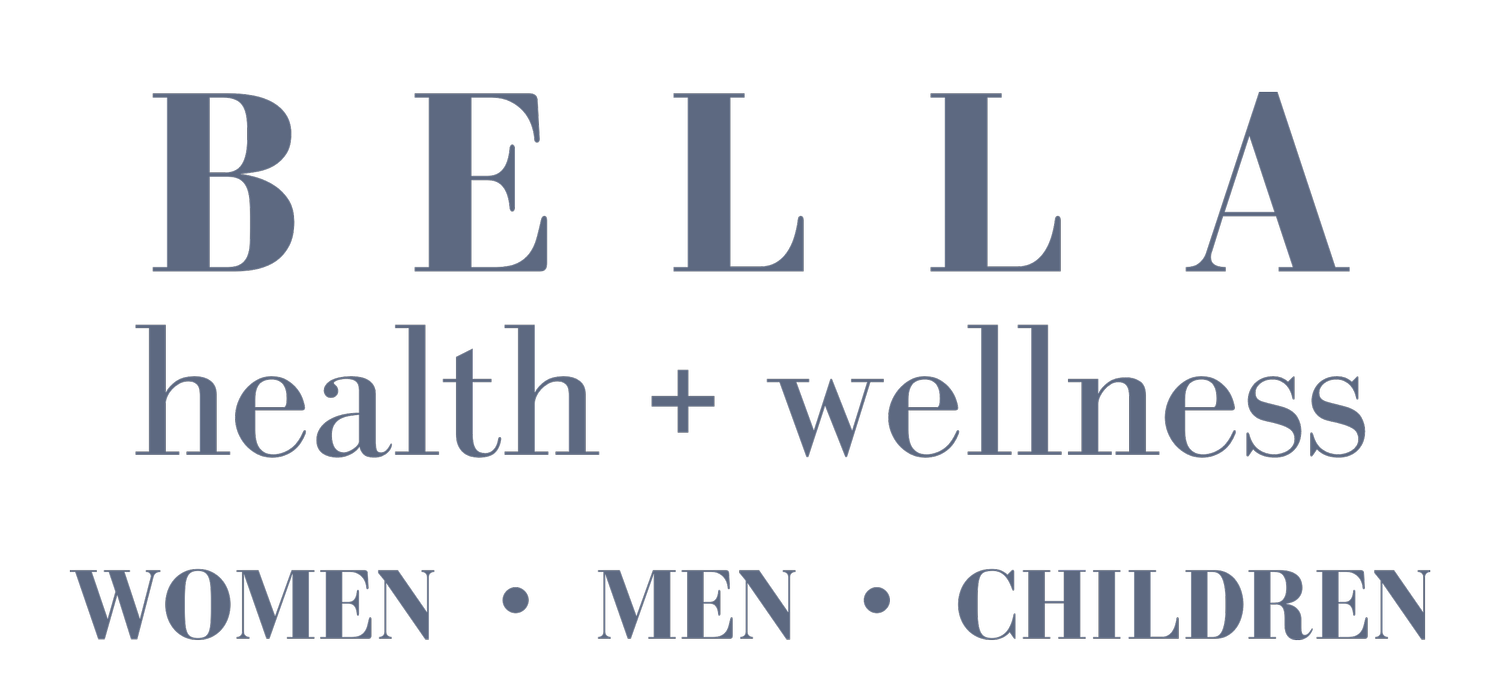
Prenatal Care
A Team Approach
Bella adopts a team approach to obstetrics care. When every patient sees every provider at least once during her pregnancy, we ensure every woman in our care has the benefit of our collective expertise.
If your provider is away delivering a baby on a day of a scheduled visit, we will have another member of our Women’s Health team conduct your visit. Thank you for your understanding. Babies tend to arrive on their own schedules!
What to expect
Visits will usually be every 4 weeks until 28 weeks, every 2 weeks until 36 weeks, and then every week until delivery.
Every pregnancy is different. Additional ultrasounds or visits may be recommended.
“It doesn’t matter how long you’ve practiced medicine, the wonder of new life never goes away. It has been the privilege of my life to bring to Denver a medical practice where human dignity is celebrated above all.”
— Dede Chism, PNNP, Co-Founder
-
Usually around 6 weeks after the first missed period or first positive home pregnancy test
An ultrasound is done to confirm the pregnancy
-
This is an information gathering visit and takes about an hour
It includes orientation to the practice, lab work, brief ultrasound, and a complete physical exam
Visits after this will usually be every 4 weeks until 28 weeks, every 2 weeks until 36 weeks, and then every week until delivery depending on your particular history and pregnancy
Talk with your provider about natural supplements
Order high-quality natural supplements from Bella’s online store or in our clinic cabinet
-
Consider a flu shot
Discuss exercise
Screening for at risk mothers: First trimester, sequential screen or maternal serum cell-free DNA testing for chromosomal abnormalities such as trisomy 13, 18 and 21 (Down syndrome).
Testing may include a Nuchal Translucency screening ultrasound
Additional genetic carrier testing can be done to evaluate for genetic risk for complications, such as cystic fibrosis
-
MSAFP (maternal serum alpha-feto protein) is a blood test that screens for neural tube defects and placental problems
It may be recommended even if genetic screening is declined
For high-risk moms, a Quad-screen can be done if first trimester screening is declined
-
A review of systems ultrasound is done
Your baby is big enough to see the major anatomy
-
This is a great time to begin thinking about pregnancy and birthing classes and to pre-register and schedule a tour at the hospital
Local classes can be found online or by calling 1-877-HealthOne
Discuss Baby Kick Counts
-
The one-hour glucose tolerance test is done to screen for gestational diabetes
A complete blood blood count is also checked to screen for anemia
If you are RH negative, an antibody screen blood test is also done, and you will receive a RHOGAM shot
Discuss preterm labor symptoms
Visits begin every two weeks
-
Begin thinking about labor desires, breastfeeding needs, your pediatrician, plans for circumcision and future family plans after delivery
Bella offers pre-registry in our Pediatric practice for any Bella Obstetrics patient, with consults with our pediatric team by appointment
Nutrition is still really important, including natural supplements so baby grows strong
-
GBS (Group Beta Strep) is a common vaginal bacteria
A culture is done during this time
If you are positive. you will receive antibiotics during labor
Your provider will likely recommend a growth ultrasound to chart baby’s progress
-
It’s time to have a baby!
